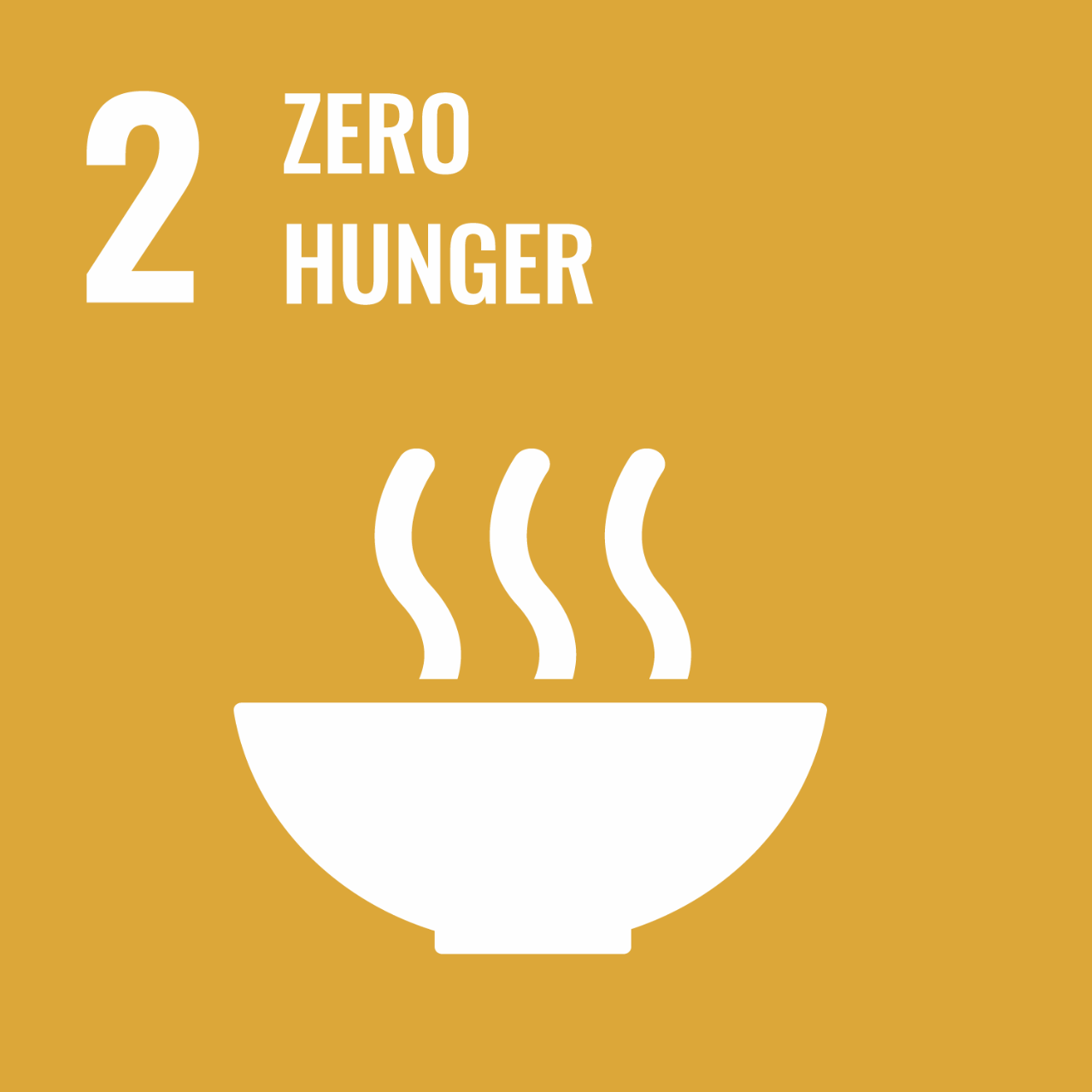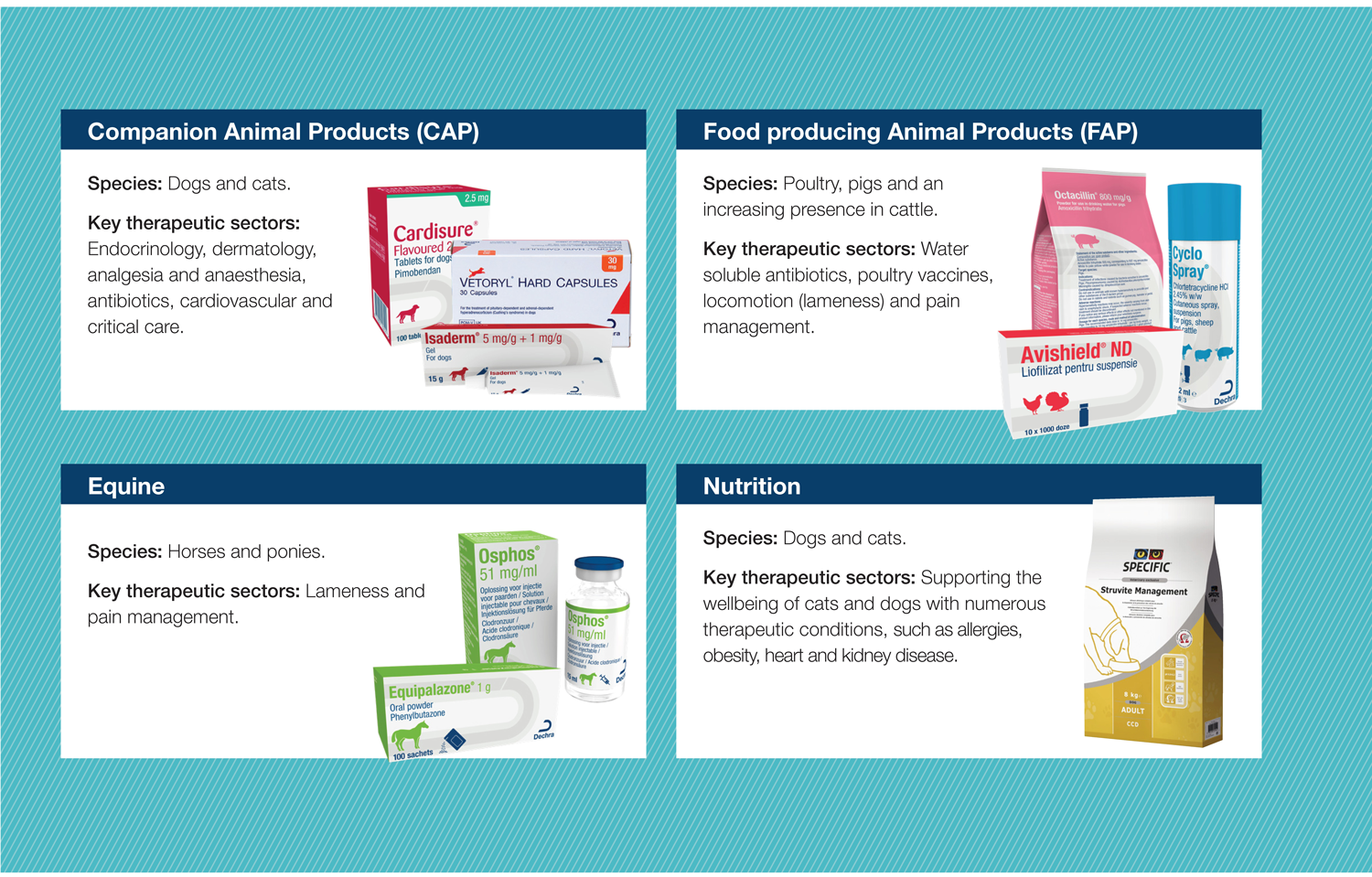We carefully consider the responsible use and humane treatment of animals in all of our required studies. When we are required to conduct studies to achieve product registrations, we minimise the number of animals to achieve the necessary outcomes. Whenever possible, we will use information that can be derived from existing publications in an effort to limit the number of studies needed.
The scientific purpose of involving animals in the development of our products is reviewed and approved by Regulatory Agencies. For each individual study, an Animal Welfare Committee approves the protocol.
We are committed to the following principles:
- Animals must be treated humanely with greatest consideration given to their health and welfare and consistent with meeting the necessary scientific objectives;
- All animal studies should only be performed after considering whether the numbers of animals can be reduced, replaced by in vitro methods, or the procedures refined to minimise distress.
The Animal Welfare Committee ensures that a minimal number of animals are used and that their treatment is humane, and Dechra inspects all facilities which perform testing to confirm proper care and treatment of animals is evident. Additionally, a full review of the study design will be approved by their Animal Welfare Committee for clinical studies. In all instances only animals with the disease the product is intended to treat will be used and owner consent for the trial is obtained.


